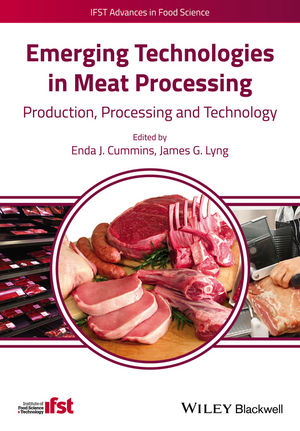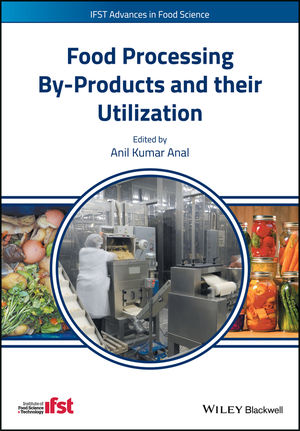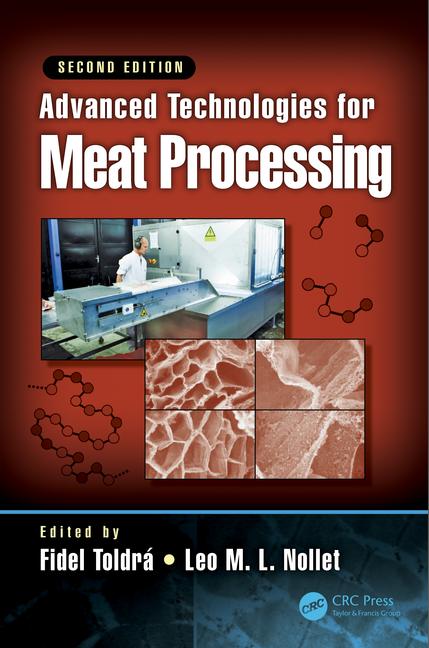There is a project management concept that goes by several different names, like the Golden Triangle or the Unattainable Triangle, but the theory is clear. Imagine a triangle with three points: fast, cheap, and good. You can pick the two things in a project that you want, but you will not get the third. For example, if you want a product that is fast and cheap, the quality will not be good. You can get something that’s good and fast, but it will not come cheaply.
The meat industry in the United States has managed to shatter that theory. If you want meat products in this country you can get everything you would want:
- Fast: Meat is readily available at any grocery store
- Cheap: While prices fluctuate depending on the protein, consumers can typically find some kind of protein that fits their budget
- Good: The United States has a remarkably safe meat supply
In order for the meat industry to supply meat that is fast, cheap and good, a very specific food chain structure has to exist. The bulk of red meat is processed in a series of large packing plants, owned by a small number of companies. They then sell that meat to the rest of the industry. The rest of the meat is produced by a shrinking number of small plants that still slaughter animals at smaller volumes.
It was remarkably efficient, but it wasn’t a perfect system. We’ve seen what happens when there is a slight jolt to the system. When a 2019 fire shut down a Kansas beef slaughter facility, it caused changes to prices and availability for a year or more. That event was significant in itself, but fast forward to 2020, when the COVID pandemic forced red meat plants across the country to shut down for days or weeks at a time, and they processed at limited quantities when they did open.Panicked consumers bought mass amounts of meat, and grocery store shelves emptied quickly.
“I think that efficiency and resilience are almost the antithesis of each other. The more you get one, the more you give up the other,” said Will Harris, founder of White Oak Pastures of Bluffton, Ga., in a 2020 interview. “Meat and poultry companies got bigger and bigger and more and more efficient until they weren’t resilient anymore.”
“I was putting on my boots and drinking coffee one morning during the height of the pandemic panic, and the headlines on CNN were the CEO of Tyson saying the food chain was breaking. He was right, it was, and it was because it was so big and so efficient that it had given up all its resilience,” Harris added.
White Oak Pastures processes about 100 head of cattle a week, as well as 40 or 50 hogs. The meat is used for the company’s own branded products, which are primarily available at retail and direct order. Other companies harvest animals for local producers or private label brands. While they are relatively small in number, they got extremely busy during the pandemic and continue to have full harvesting schedules.
Small meat packers and meat markets became the unsung heroes of the pandemic, as they were able to keep employees safe and keep production running when the larger plants were idled. New legislation is being proposed that will help those companies continue to grow and strengthen their place in the meat industry.
“Everyone was made acutely aware of the fragility of our food supply chains when we saw empty grocery store shelves last year. Rapid changes in consumer behavior coupled with the public health crisis created a perfect storm,” said Rep. Chellie Pingree (D-ME). “The pandemic showed that we must diversify our agricultural systems to better support small- and medium-sized local producers and create resilience. The already growing consumer interest in local foods was further encouraged by those small producers adapting to the challenges of the pandemic, putting food on their neighbors’ tables when they needed it most.”
Rep. Pingree has introduced H.R. 1258, the “Strengthening Local Processing Act.” The Act, which also has been introduced in the U.S. Senate with bipartisan backing, advocates for the small meat processing community in several ways. It has been endorsed by the American Association of Meat Processors (AAMP) and includes the following:
- FSIS to develop a searchable database of model HACCP plans and supporting documentation to be used by small processors.
- Expanding funds are given to support state meat inspection programs.
- Expanding FSIS outreach to states to expand the Cooperative Interstate Shipping Program.
- Small processor GRANT Program - making up to $25 million a year available to small processors for expansion and improvement of their businesses. Processors would be able to receive between $100,000 - $500,000. This would be available for all processors, federally inspected, state inspected, and exempt plants.
- Training, education, and technical assistance - $10 million a year available for training.
“The Strengthening Local Processing Act will empower small meat producers to provide their customers with the locally-raised meat and poultry they’re asking for. The bill offers tangible technical and financial support for processors that will help them expand capacity and meet the needs of more farmers: grants to start up or expand smaller-scale processing facilities, better access to technical assistance, more support for state inspection programs, and increased education and training to meet workforce needs,” says Pingree.
The lack of processing infrastructure in Pingree’s state of Maine is one of the top concerns of the state’s producers, she says.
“Their livelihood depends on having somewhere to take their animals, and because processing availability is so strained, they have to book their dates as soon as hooves hit the ground. They are missing out on economic opportunities,” she adds. “The Strengthening Local Processing Act will increase slaughter and processing capacity in the Northeast and in Maine, enhancing opportunities for local producers and helping smaller slaughterhouses.”
H.R. 1258 and S.370 have been introduced to the House and Senate’s Agriculture Committees. A letter template is available on AAMP’s website for processors to use to contact their representative: www.aamp.com/strengthening-local-processing-act-letter/.










